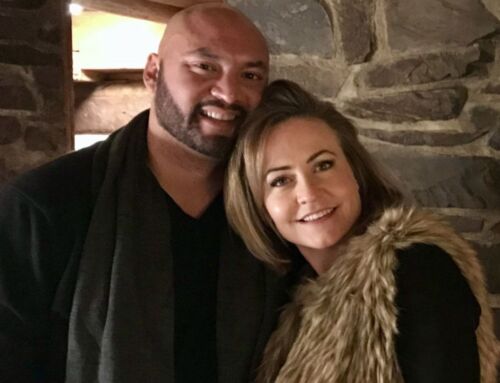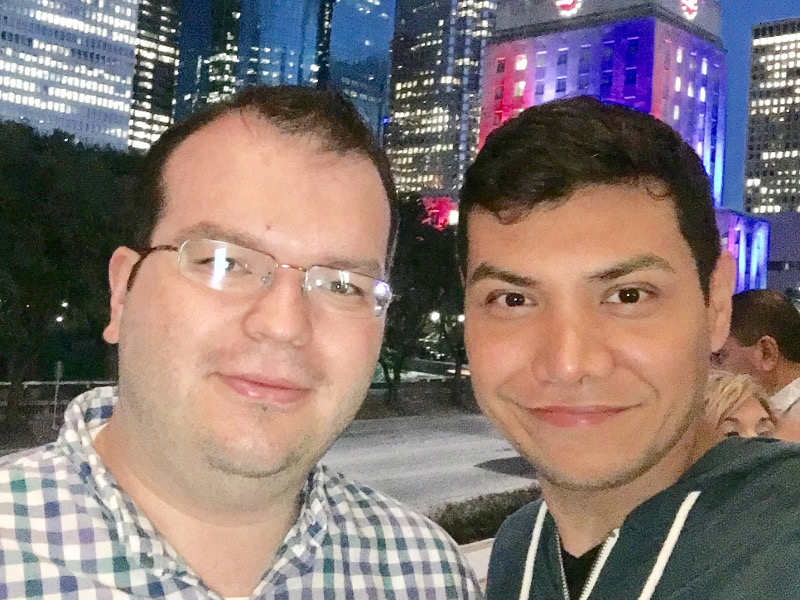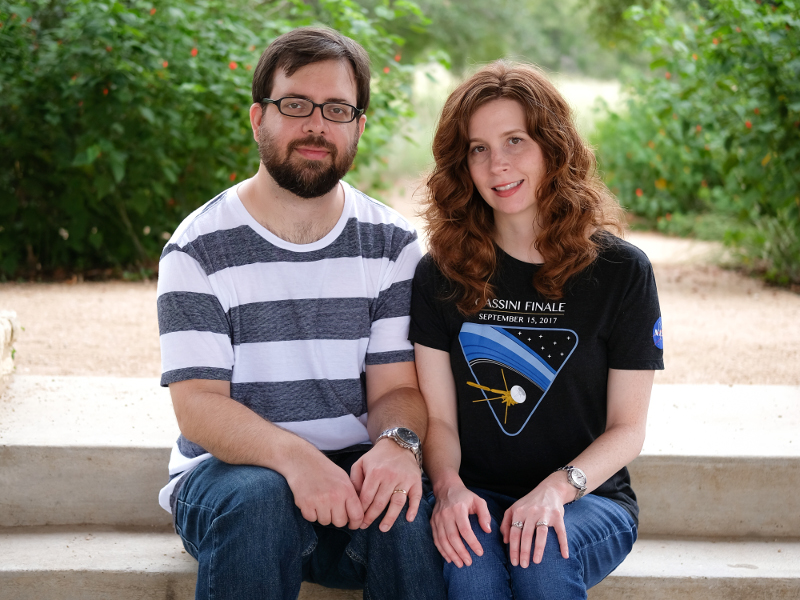How are American families able to afford adoption?
Over 100,000 children are adopted every year by United States citizens, according to the Child Welfare Information Gateway. Adoption can be quite expensive, costing up to $40,000 for private domestic adoption. The cost of adoption is not ideal for most families. However, infertility treatments can cost tens of thousands of dollars or more. So, how are families able to afford adoption? There are a few popular ways you may not be familiar with, including adoption tax credits, adoption grants, loans and fundraising. These can help offset adoption costs, making the final number not seem too overwhelming.
New Ohio state law to open access to adoptees’ birth certificates
Many adopted Ohioans will now be able to access their birth certificates under a new Ohio state law that allows individuals adopted between Jan. 1, 1964, and Sept. 18, 1996, to request their adoption files from the Ohio Department of Health’s Bureau of Vital Statistics. This will give about 400,000 adoptees born in that 32-year period easier access to birth certificates that may provide medical history information. Birth certificates before and after those dates are already considered public records. Birth parents from that period have until March 19 to remove their names from the records.
Social media helping find birth mothers
Did you know there is a Facebook page dedicated to helping adoptees find their birth families?
Kelley Baumgartner of Orange Park, Florida, is getting help from followers on Facebook in the search for her birth mother. Baumgartner was born in Goshen, Indiana, where she was put up for adoption. Now, as an adult, she is on a search to find her birth mother but is having trouble getting past state laws that are keeping her mother’s name from her – legislation that she is currently working on changing. In Indiana, the law prohibits the release of the birth mother’s name under any circumstance. Due to this roadblock, Baumgartner decided to turn to Facebook in hopes of finding help and any relevant information that could possibly locate her birth mother. Baumgartner says that even if her story doesn’t have a happy ending, she hopes to inspire other adoptees to search for their birth parents.
Stacey Lee was separated from her mother in 1993 when she was sent to live with her dad and grandfather after a fallout in the family. As she grew older, Lee wanted to find her mother and build a relationship with her. She spent eight years on her quest with no luck before finally deciding to turn to social media for help. She posted a picture of her holding a poster with the information that she knew about her birth mother. The photo was shared more than 100,000 times and within 24 hours, Lee was contacted by someone who claimed to be a first cousin and shared her mother’s name. Lee reached out to her mom on Facebook and was later able to speak on the phone with her. They were soon reunited after being apart for 21 years.
Social media is a great way to find the person you are looking for, but then what? Search and reunion is very complicated emotionally for both sides. We highly recommend hiring a post-adoption professional to assist you in the process. A post-adoption counselor can go through all the “What ifs?” with you and help you process your feelings ahead of time. This type of person will help you understand what it’s like to be found, the different responses that can occur and what they might mean. A professional in this area has the ability to assist in managing expectations on both sides, streamlining the process, mediating if necessary and providing counseling and support. Before starting your search, educate yourself as much as possible about all aspects of search and reunion. We recommend reading “How to Open an Adoption” by Patricia Martinez Dorner.





